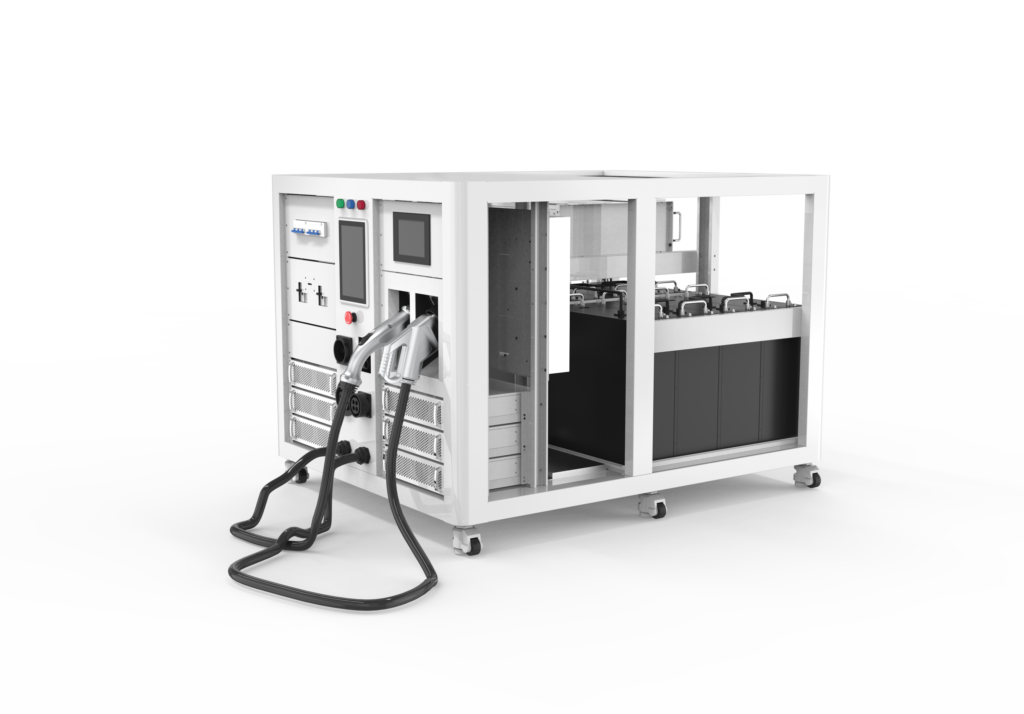Today I tried using the adaptor for the first time at a BC Hydro CCS station in North Vancouver, BC. I could not charge. The charging station displayed the message “Session cancelled by the vehicle”. I called the BC Hydro EV charging helpline and they confirmed that the charging station was working normally.
It appears to me the problem is the adaptor and that Lectron shipped me an adaptor with out of date firmware. I have informed them of that and requested a solution.
Maybe 25 years ago companies could get away with being Windows only, but that was last century.
It appears to me the problem is the adaptor and that Lectron shipped me an adaptor with out of date firmware. I have informed them of that and requested a solution.
Maybe 25 years ago companies could get away with being Windows only, but that was last century.



